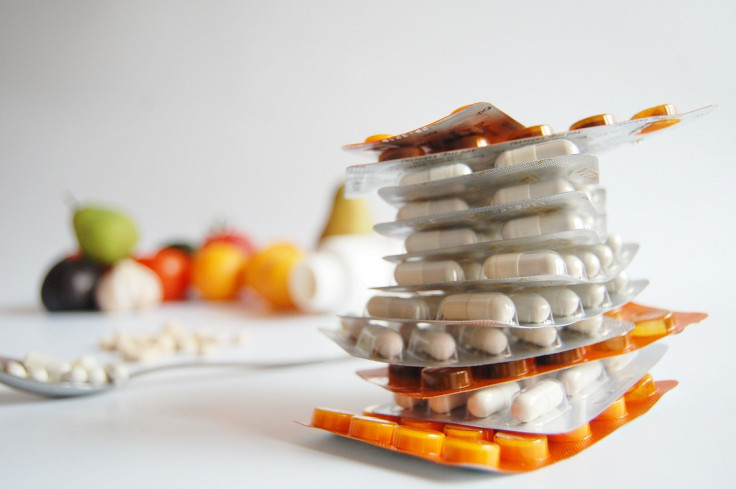Vitamin D Deficiency's Impact On Mental And Physical Health, From Depression To Gut Problems


What happens when you are low on vitamin D?
This question originally appeared on Quora. Answer by Dr. Charles Bollmann, anti-aging physician.
Vitamin D deficiency — when the level of vitamin D in your body is too low — can cause your bones to become thin, brittle or misshapen. The role of vitamin D and insulin resistance, high blood pressure, and immune function — and how these relate to heart disease and cancer — is under investigation.
You Feel “Blue”
Serotonin, the brain hormone associated with mood elevation, rises with exposure to bright light and falls with decreased sun exposure. In 2006, scientists evaluated the effects of vitamin D on the mental health of 80 elderly patients and found those with the lowest levels of vitamin D were 11 times more prone to be depressed than those who received healthy doses.
You’re Overweight or Obese (or Have a Higher Muscle Mass)
Vitamin D is a fat-soluble, hormone-like vitamin, which means body fat acts as a "sink" by collecting it. If you're overweight or obese, you're therefore likely going to need more vitamin D than a slimmer person -- and the same holds true for people with higher body weights due to muscle mass.
Many who see their doctor for aches and pains, especially in combination with fatigue, end up being misdiagnosed as having fibromyalgia or chronic fatigue syndrome.
“Many of these symptoms are classic signs of vitamin D deficiency osteomalacia, which is different from the vitamin D deficiency that causes osteoporosis in adults,” he says. “What’s happening is that the vitamin D deficiency causes a defect in putting calcium into the collagen matrix into your skeleton. As a result, you have throbbing, aching bone pain.”
Head Sweating
One of the first, classic signs of vitamin D deficiency is a sweaty head. In fact, physicians used to ask new mothers about head sweating in their newborns for this very reason. Excessive sweating in newborns due to neuromuscular irritability is still described as a common, early symptom of vitamin D deficiency.
You Have Gut Trouble
Remember, vitamin D is a fat-soluble vitamin, which means if you have a gastrointestinal condition that affects your ability to absorb fat, you may have lower absorption of fat-soluble vitamins like vitamin D as well. This includes gut conditions like Crohn’s, celiac and non-celiac gluten sensitivity, and inflammatory bowel disease.
More from Quora:
Published by Medicaldaily.com



























